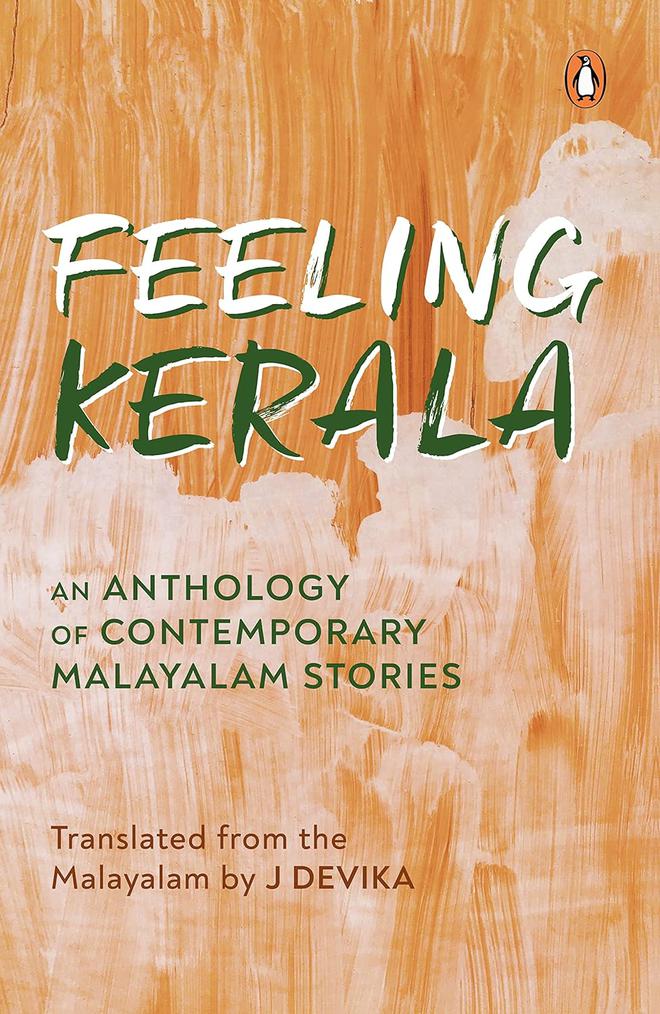There is no dearth of stories about Kerala — academic and journalistic writings, quantitative data that indicates a community bucking the statistics seen elsewhere, all juxtaposed against contemporary discourses. Every story has multiple narratives within, nudging readers to uncover them and figure out the truth for themselves.

When J. Devika, feminist historian, social researcher and translator, wanted to write a book about her home state of Kerala, she turned to contemporary stories in Malayalam that looked intimately at the life of people in the region. The 13 stories in this collection, aptly titled Feeling Kerala, offer a mix of voices of well-translated writers as well as those whose works have not yet been as widely read. In these stories, the authors have attempted to capture the realities hidden beneath carefully constructed narratives as also the imaginative ways through which the characters attempt to regain their rightful spaces.
In her introduction to the book, Devika writes: “Literature alone may capture social processes in all their complexities in a regional culture swept up in rapid social change...” The chosen stories in the collection highlight the subtle ways in which the less-privileged are marginalised, scarce resources are claimed in unequal balances, and how migration can result in corralling native people inside strict boundaries while taking away their natural privileges in the name of growth and development. Devika prefaces each of the stories with a short introduction to situate the landscape and ambience for the reader.
Diverse landscapes
The narratives move through urban and rural centres, taking readers through diverse communities and landscapes — forests and coastal areas, humble homes and mansions, places of worship, airport runways and border towns. Even when the stories move through varied themes of climate change, oppression and othering of minorities and natives, and majoritarian high-handedness, they also highlight the continuance of misogynist attitudes towards women.
But the women in these stories are not meek or stubborn. Jinsy, portrayed by Prince Aymanam, refuses to comply with orders to erase the historical role played by her ancestors to suit a classist narrative, while the women of Mangala Lane, as depicted by E.K. Shahina, rise up in a shocking manner to confront the never-ending sexual abuse they face. In Yama’s ‘Angry Young Woman’, the main character must find a way to keep moving forward in the absence of family support, which is also the journey undertaken by Sujatha in the story, ‘Sujatha’s Houses’.
Feeling Kerala offers a layered insight into the lives of the people of Kerala while also poking a sly finger at the hypocrisies perpetuated by those holding the strings of power and wealth.
Feeling Kerala
Trs J. Devika
Penguin
₹599
The reviewer is an author and translator based in Kochi.







